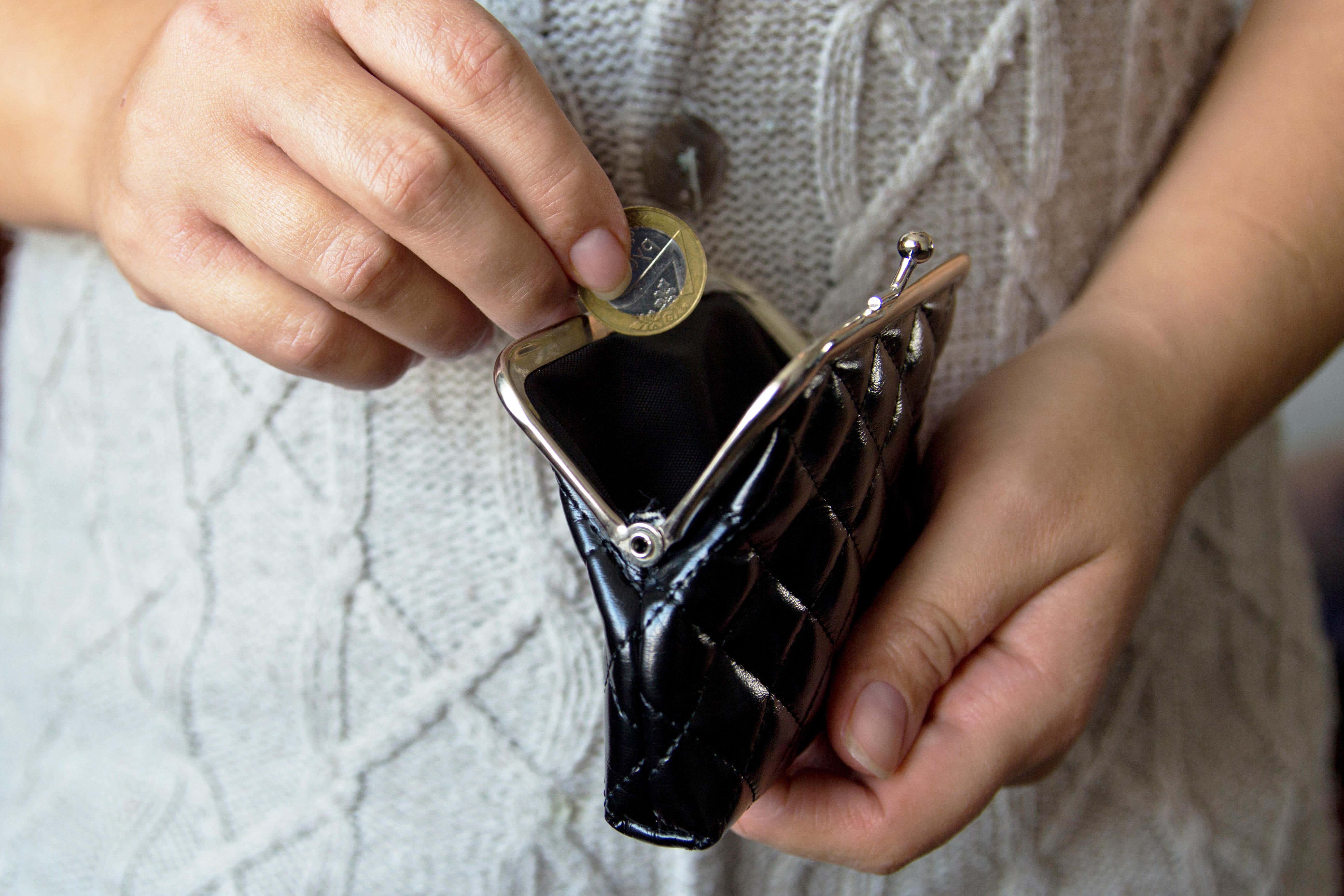Could ditching your card and using cash help you budget?
People may be making a return to cash. By Vicky Shaw.

Your support helps us to tell the story
From reproductive rights to climate change to Big Tech, The Independent is on the ground when the story is developing. Whether it's investigating the financials of Elon Musk's pro-Trump PAC or producing our latest documentary, 'The A Word', which shines a light on the American women fighting for reproductive rights, we know how important it is to parse out the facts from the messaging.
At such a critical moment in US history, we need reporters on the ground. Your donation allows us to keep sending journalists to speak to both sides of the story.
The Independent is trusted by Americans across the entire political spectrum. And unlike many other quality news outlets, we choose not to lock Americans out of our reporting and analysis with paywalls. We believe quality journalism should be available to everyone, paid for by those who can afford it.
Your support makes all the difference.Swiping a card at the till can be very convenient – but when we’re not dealing with physical cash, it can sometimes be harder to keep track of exactly how much we’re spending.
Cards may be the norm these days, but recently, it’s been suggested that some people are turning back to banknotes and coins to help them balance their budgets.
The Post Office, which handled a record £3.45 billion in cash in August, suggested people may be increasingly turning to cash to manage their budget on a weekly or even daily basis.
One trend which has been popular on social media is ‘cash stuffing’ – which goes back to traditional methods of using physical money to budget.
People using this method label envelopes with different budget categories, such as money for bills, socialising, birthdays or new clothes – and these can be kept separate in a folder or wallet.
If you are handling physical cash, it may make you more aware of how much you are spending, and how much you need to keep back to get you through to next pay-day.
At the end of each week or month, you’ll be able to see in each envelope exactly how much you’ve spent – which could help with setting budgets in the future.
It could also help you to go over budget in a particular spending category for non-essentials, if there’s nothing left in the envelope, so you’re not dipping into money needed for essential bills.
However, there are potential downsides and risks to handling piles of cash too. If the money is being kept in envelopes, it’s not earning interest as it could be if kept in a bank account, where it may have at least a chance of partly offsetting the current high rate of inflation. Many providers have ramped up savings rates recently.
There is also the danger of money being lost or stolen – and if you are keeping significant sums of money at home, this may not necessarily be covered by your insurance, so you may need to check your individual policy.
For insurance giant Aviva, for example, the cash sum under standard home contents cover is £750 for cash in the home (this also includes travel tickets and gift vouchers). For cash to be covered outside the home, people would usually need a personal belongings add-on to their home insurance policy, and there may be a limit for cash outside the home.
There may be other ways you can use cash to build up savings, however. For example, there’s the penny savings challenge, where people save 1p on the first day of the month, 2p on the second day, 3p on the third day, and so on – which could be done in cash or within your banking app.
If cash isn’t for you, it could pay to make the most of savings and budgeting tools in banking apps.
You could try ’round ups’, for instance, to deposit small amounts of change into your savings account each time you spend, or have several savings accounts for specific savings goals, such as holidays.